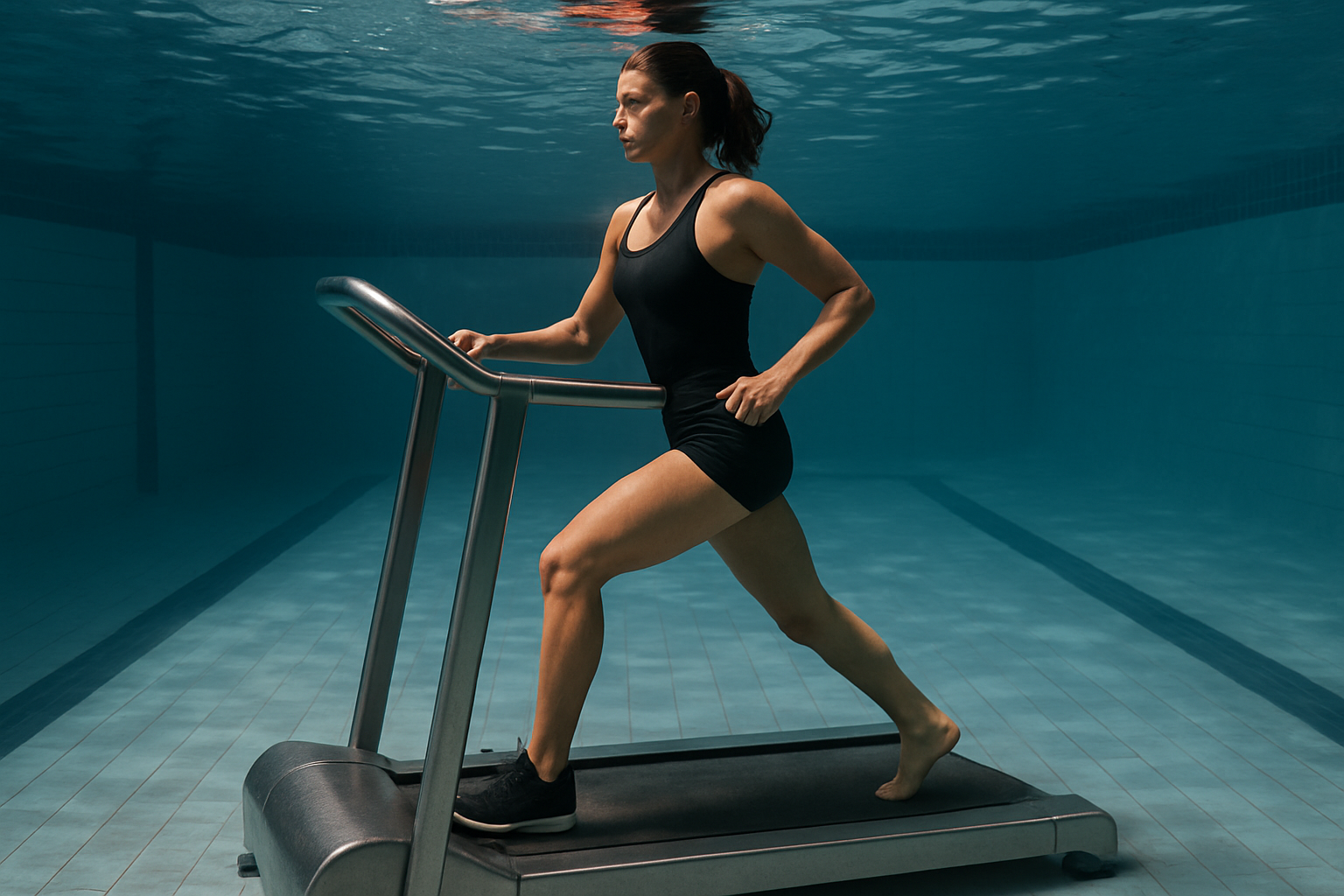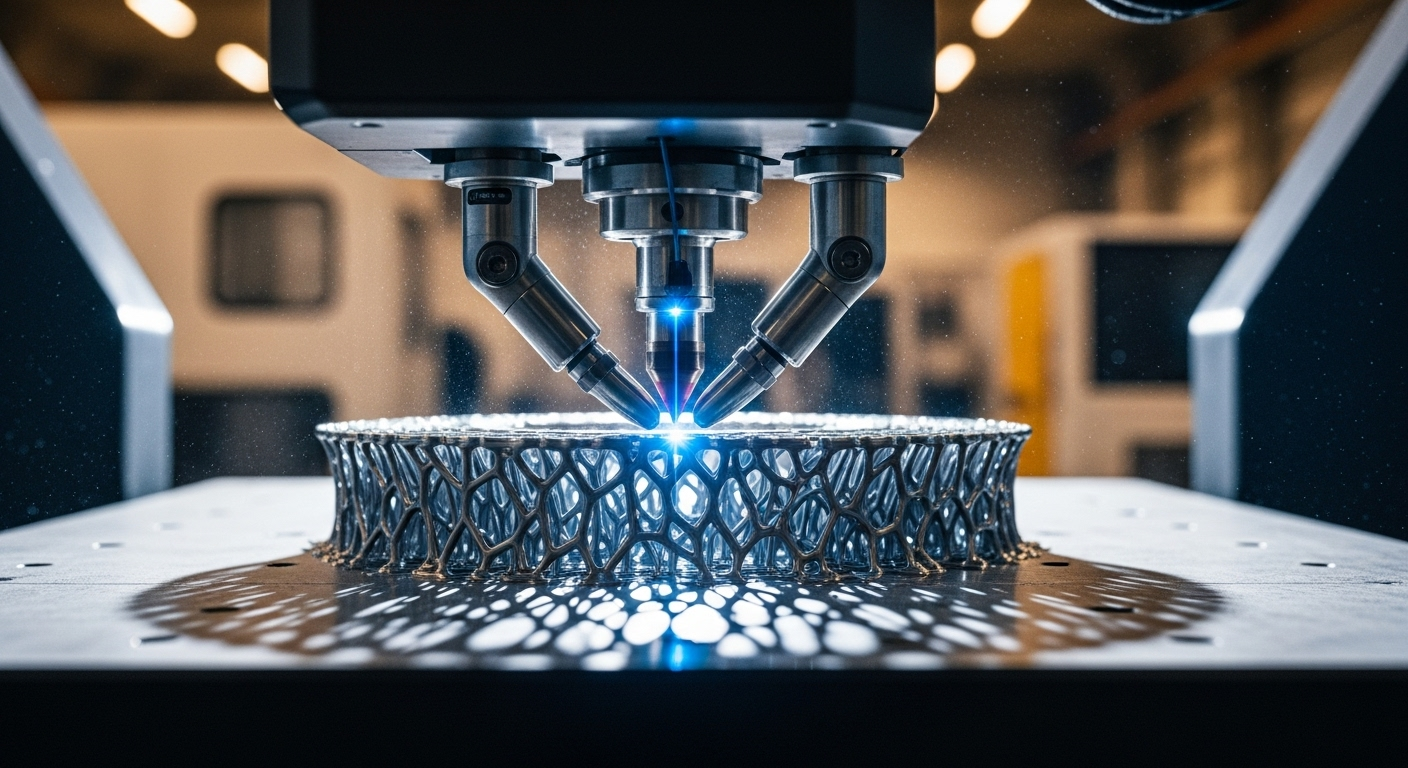Aquatic Therapy for Arthritic Pets: A New Wave in Rehabilitation
The world of pet care is constantly evolving, with innovative treatments emerging to improve the lives of our furry companions. One such breakthrough is aquatic therapy for arthritic pets, a revolutionary approach that's making waves in veterinary rehabilitation. This gentle yet effective treatment is helping dogs, cats, and even smaller animals find relief from joint pain and mobility issues.

The Science Behind the Splash
The effectiveness of aquatic therapy lies in its unique properties. Water resistance provides a low-impact workout that strengthens muscles without putting excessive strain on joints. The hydrostatic pressure of water also helps reduce swelling and improve circulation. Additionally, the warmth of the water (typically maintained between 80-85°F) helps relax muscles and increase flexibility. These combined effects result in improved mobility, reduced pain, and enhanced overall quality of life for arthritic pets.
Tailored Treatments for Different Species
While dogs are the most common recipients of aquatic therapy, cats and even smaller pets can benefit from this treatment. For dogs, therapy often involves swimming or walking on underwater treadmills. Cats, typically less enthusiastic about water, may receive gentler treatments such as supported floating or guided swimming in shallow pools. Even rabbits and guinea pigs with joint issues can benefit from carefully supervised, shallow-water exercises.
Equipment and Facilities
Specialized equipment is essential for effective aquatic therapy. Underwater treadmills, the cornerstone of many treatments, allow for controlled exercise intensity and duration. These treadmills are housed in glass tanks that can be filled with water to various levels. Other equipment includes life jackets for safety, resistance jets for increased workout intensity, and ramps for easy pool entry and exit. Professional facilities often feature pools with varying depths to accommodate different sizes and abilities of animals.
The Role of Veterinary Rehabilitation Specialists
Aquatic therapy for pets requires the expertise of trained professionals. Veterinary rehabilitation specialists, often with backgrounds in physical therapy, design and oversee treatment plans. These specialists assess each animal’s condition, determine appropriate exercises, and monitor progress. They work closely with veterinarians to ensure the therapy complements other treatments and medications the pet may be receiving.
Cost Considerations and Accessibility
The cost of aquatic therapy for pets can vary widely depending on location, facility, and treatment frequency. On average, a single session can range from $40 to $100, with many pets requiring multiple sessions per week. Some pet insurance plans have begun to cover this treatment, recognizing its long-term benefits in managing chronic conditions. As demand grows, more veterinary clinics are investing in hydrotherapy equipment, making the treatment increasingly accessible to pet owners.
Success Stories and Case Studies
Numerous success stories highlight the transformative effects of aquatic therapy. For instance, a 12-year-old Labrador with severe hip dysplasia regained the ability to climb stairs and play fetch after a six-week hydrotherapy program. A Persian cat with arthritis in multiple joints showed significant improvement in mobility and playfulness following gentle aquatic exercises. These cases demonstrate the potential of this therapy to significantly enhance the quality of life for aging and injured pets.
Integrating Aquatic Therapy with Traditional Treatments
Aquatic therapy is most effective when integrated into a comprehensive treatment plan. It often complements traditional arthritis treatments such as medication, weight management, and dietary supplements. The combination of these approaches can lead to more significant improvements than any single treatment alone. Veterinarians are increasingly recognizing the value of this holistic approach to managing chronic joint conditions in pets.
Future Developments and Research
As aquatic therapy gains traction in veterinary care, ongoing research is exploring its potential applications. Studies are investigating its efficacy in post-surgical rehabilitation, weight management, and even neurological conditions. Researchers are also developing specialized equipment for smaller animals and exotic pets, expanding the range of species that can benefit from this innovative treatment.
In conclusion, aquatic therapy represents a promising frontier in veterinary rehabilitation, offering hope to countless pets suffering from arthritis and related conditions. As research progresses and accessibility improves, this gentle yet powerful treatment is set to become a staple in comprehensive pet care, helping our beloved companions lead more comfortable and active lives well into their golden years.




